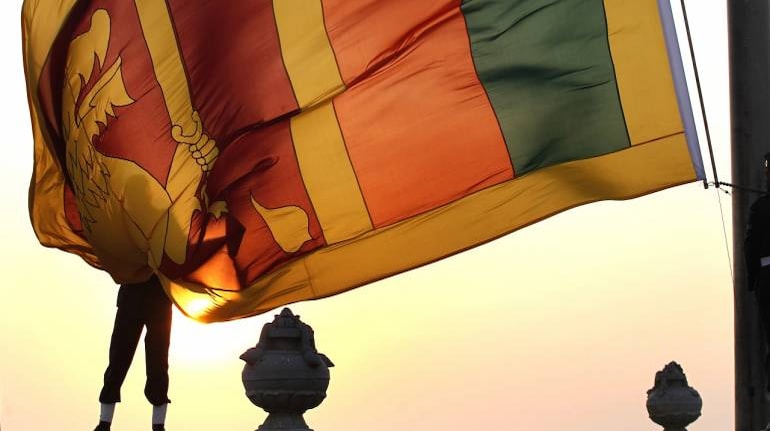
Viju Cherian
Sri Lanka is facing a political crisis. On October 26, President Maithripala Sirisena sacked Prime Minister Ranil Wickramasinghe and his Cabinet alleging corruption and even a plot to kill the President. Sirisena, in an address to the nation, said that the "only alternative" was to appoint former President Mahinda Rajapaksa as PM. On October 27, Sirisena suspended Parliament till November 16, further pushing the island nation into uncertainty.
The political instability in Sri Lanka is a cause for concern for India at several levels. On October 28, India’s ministry of external affairs reacted to the situation saying, "India is closely following the recent political developments in Sri Lanka….we hope that democratic values and the constitutional process will be respected".
The crisis presents India a tough row to hoe. New Delhi is in a political tight-spot where it will be criticised if it welcomes the new PM (as China has done) or chastised for interfering with the domestic politics of another nation if it were to ask Sirisena to convene Parliament (as the United States has done). This lack of diplomatic manoeuvrability reflects New Delhi’s limited foreign policy bandwidth vis-à-vis Colombo. Given this, the Modi’s government’s cautious optimism is the right approach.
There are two predominant guiding factors that shape India’s policy towards Sri Lanka. First, is Colombo’s approach towards its minority Tamil ‘Eelam’ population — an issue that is of great political and cultural significance in Tamil Nadu. This is an old factor, which is a sore spot in bilateral ties. Nevertheless it still is of great significance.
Second is Colombo's warming up to Beijing which raises alarm bells in New Delhi. India has always been concerned about the Chinese presence in its neighbourhood, with interests in economic and defence fields — and through that covertly influencing political developments. This is a relatively new factor, and is growing significantly.
In January 2015, when Sirisena became President, many hoped that Colombo's over-reliance on Beijing — which was evident during Rajapaksa’s presidency — would come to an end. It is hard to say if this has reduced but today, Sri Lankan politicians realise that Chinese aid comes with strings attached; that there are no free lunches. For this realisation, the Modi government partly deserves credit because it refrained from financially wooing Colombo out of Beijing's debt trap. However, to adapt an adage, Sri Lanka is not out of the Chinese woods. Moreover, many believe that Rajapaksa has made his peace with India — his September visit to Delhi being the case in point. Thus, the China factor will not be as troubling as it used to be.
The China factor in Sri Lanka is a major concern for India, but in the months to come it will be the Tamil problem that will test New Delhi's diplomatic latitude.
Rajapaksa, who was President during Colombo's war against the Liberation Tigers of Tamil Eelam (LTTE) from 2006 to 2009, has been accused of "ethnic cleansing" and "war crimes". With these charges still fresh, India will find it difficult to reach out to Rajapaksa. On Sunday, Tamil Nadu Chief Minister Edappadi K Palaniswami said that his government wants Rajapaksa declared a "war criminal".
The challenge for New Delhi will be to engage with Rajapaksa without compromising its moral authority as a beacon of democracy and rights in the region, and at the same time not to upset its local constituency, especially in Tamil Nadu where Modi's Bharatiya Janata Party (BJP) is building roots. If the Modi government reaches out to Rajapaksa, the BJP will find it difficult to form alliances in Tamil Nadu for the 2019 general elections.
For now, India can only watch the developments in Sri Lanka from the sideline even as China "welcomes" Rajapaksa. The test for India will be to protect its interests in the region, to ensure that political adventurism does not undermine democratic institutions and that Colombo works towards a settlement of the Tamil issue. It's a long-drawn-out process that requires strategy and patience.
Discover the latest business news, Sensex, and Nifty updates. Obtain Personal Finance insights, tax queries, and expert opinions on Moneycontrol or download the Moneycontrol App to stay updated!